Tag: Hilton Head SC
Wikipedia says: Hilton Head Island, sometimes referred to as simply Hilton Head, is a Lowcountry resort town and barrier island in Beaufort County, South Carolina, United States It is 20 miles (32 km) northeast of Savannah, Georgia, and 95 miles (153 km) southwest of Charleston. The island is named after Captain William Hilton, who in 1663 identified a headland near the entrance to Port Royal Sound, which mapmakers named “Hilton’s Headland.”
The island has a rich history that started with seasonal occupation by Native Americans thousands of years ago and continued with European exploration and the Sea Island Cotton trade. It became an important base of operations for the Union blockade of the Southern ports during the Civil War. Once the island fell to Union troops, hundreds of ex-slaves flocked to Hilton Head, which is still home to many of whom are descendants of freed slaves known as the Gullah (or Geechee) who have managed to hold on to much of their ethnic and cultural identity.
…During the Civil War, Fort Walker was a Confederate fort in what is now Port Royal Plantation. The fort was a station for Confederate troops, and its guns helped protect the 2-mile wide (3 km) entrance to Port Royal Sound, which is fed by two slow-moving and navigable rivers, the Broad River and the Beaufort River. It was vital to the Sea Island Cotton trade and the southern economy. On October 29, 1861, the largest fleet ever assembled in North America moved south to seize it. In the Battle of Port Royal, the fort came under attack by the U.S. Navy, and on November 7, 1861, it fell to over 12,000 Union troops. The fort was renamed Fort Welles, in honor of Gideon Welles, the Secretary of the Navy.
Hilton Head Island had tremendous significance in the Civil War and became an important base of operations for the Union blockade of the Southern ports, particularly Savannah and Charleston. The Union also built a military hospital on Hilton Head Island with a 1,200-foot (370 m) frontage and a floor area of 60,000 square feet (6,000 m2).
Hundreds of ex-slaves flocked to Hilton Head Island, where they could buy land, go to school, live in government housing, and serve in what was called the First Regiment of South Carolina Volunteers (although in the beginning, many were “recruited” at the point of a bayonet). A community called Mitchelville (in honor of General Ormsby M. Mitchel) was constructed on the north end of the island to house them.
In an order from May 15th of 1865, Major General Quincy Adams Gillmore, who was commanding the Department of the South with headquarters at Hilton Head declared that “the people of the black race are free citizens of the United States,” whose rights must be respected accordingly. He issued an additional order while based in Hilton Head saying that any plantation owners who were found to have not informed African-Americans of their new status as free people would be “made liable to the pains and penalties of disloyalty, and their lands subject to confiscation” under the act establishing the Freedmen’s Bureau. Martin Delany, the only black officer to reach the rank of major in the United States military during the Civil War, was also stationed at Hilton Head during this time.
Showing 1–16 of 78 results
-
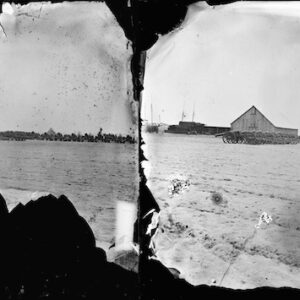
Image ID: AJMY
$6.99 -
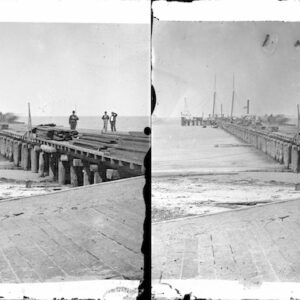
Image ID: AJNB
$6.99 -
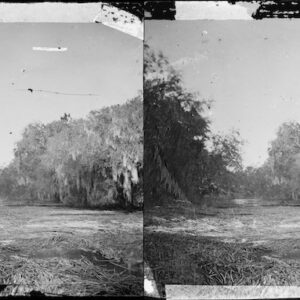
Image ID: ALRC
$6.99 -
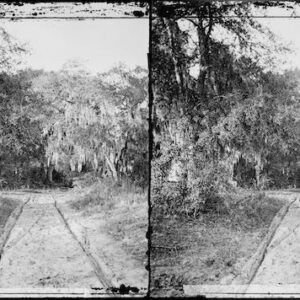
Image ID: ALRD
$6.99 -
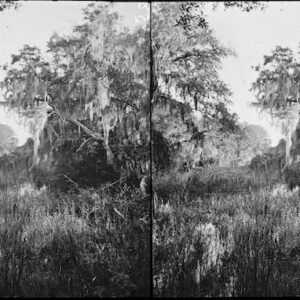
Image ID: ALRE
$6.99 -
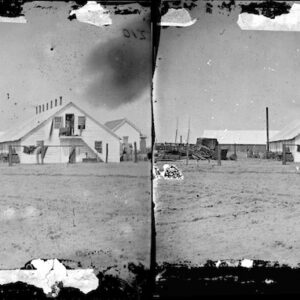
Image ID: AMTP
$6.99 -
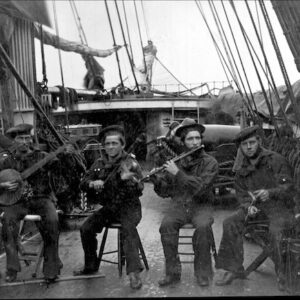
Image ID: AMWT
$1.99 -
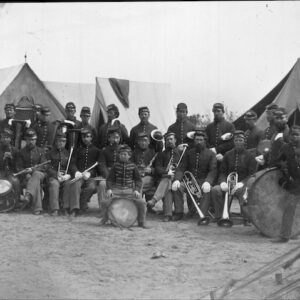
Image ID: AMWZ
$1.99 -
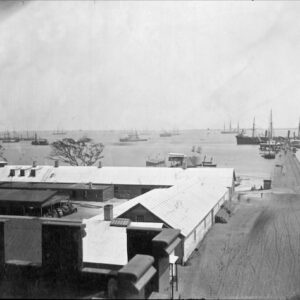
Image ID: AMZC
$1.99 -
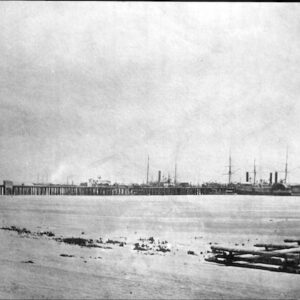
Image ID: AMZE
$1.99 -
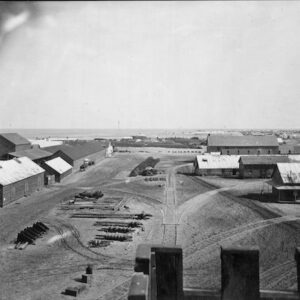
Image ID: AMZF
$1.99 -
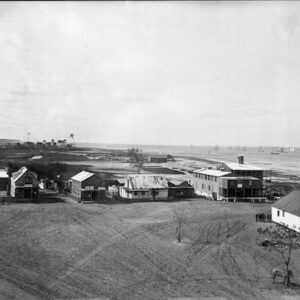
Image ID: AMZG
$1.99 -
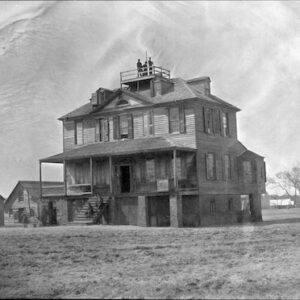
Image ID: AMZH
$1.99 -
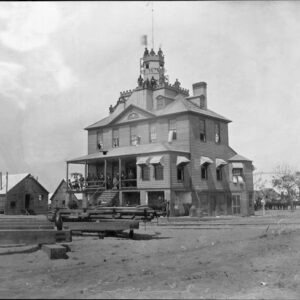
Image ID: AMZI
$1.99 -
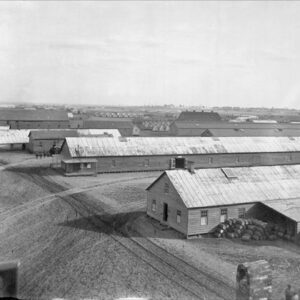
Image ID: AMZJ
$1.99 -
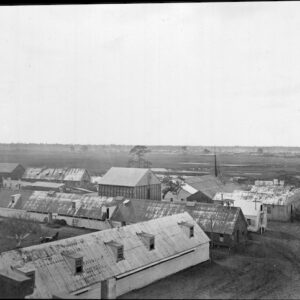
Image ID: AMZK
$1.99